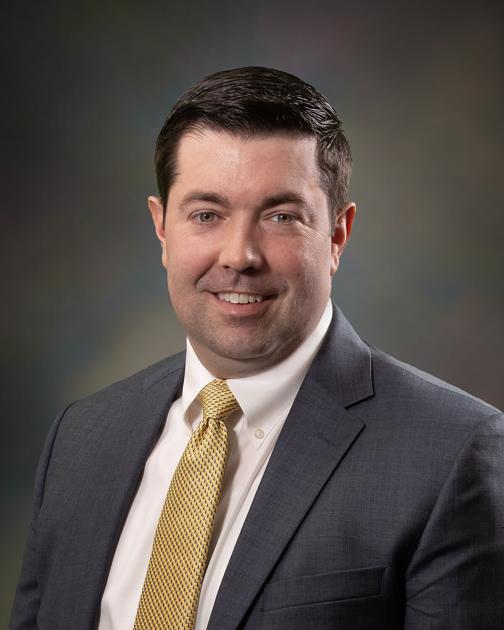Does retirement seem like a distant, imaginary land to you? Possibly a goal that seems far out of reach? Beware — one day, out of nowhere, you will have made it to the “Promised Land” of retirement. For some this is planned, for some this is forced, and for some, retirement is a spur-of-the-moment decision. For those who have planned for retirement, hopefully this new stage of life contains a limited amount of unknown and undesirable surprises. But for the ones taken more by surprise — what now?
First, if you do not currently have either, find a CFP professional and a CPA that you can feel comfortable helping you to navigate or plan for this new territory. Both credentialed professionals are held to their respective boards’ highest standards of ethics and professionalism. A CFP professional has completed the required coursework, satisfied the experience requirements and maintains the proper education requirements to help people plan financially for all life stages. A CPA can help unwind all of the interwoven tax laws and regulations that someone may be burdened with in retirement.
Next, along with your CFP professional and CPA, review all of the retirement vehicles you have built over your lifetime. These will include such things as 401(k) accounts, IRAs, pension plans, annuities investment accounts, investment properties, Social Security benefits, savings, etc. Each one of the before-mentioned vehicles has its own tax conditions. Pulling a needed amount of money to live from one vehicle versus another could have a detrimental effect on the longevity of your retirement funds. Some of the vehicles are taxed at ordinary income rates (currently as high as 37%), others could be taxed at long-term capital gains rates (currently as high as 20%) and some could be completely tax-free.
Vehicles taxed at ordinary income rates include Traditional 401(k) accounts, Traditional IRA accounts, and most pension plans. Roth 401(k) accounts and Roth IRA accounts that were contributed to with after-tax dollars, were able to grow tax-free, and can be withdrawn tax-free (as long as all requirements are properly met). Investment accounts provide a hybrid of tax rates. Interest, non-qualified dividends, and short-term gains will be taxed at a higher ordinary income rate, while qualified dividends and long-term gains will be taxed at a lower capital gains rate. Social Security benefits may be completely tax-free if your taxable income is below a certain limit, or as much as 85% of your Social Security benefit could be taxed at ordinary income rates. Investment properties, including rental homes, vacation homes, commercial properties, etc., are treated as passive-income (for the most part) and profit will be taxed at ordinary income rates. The sales of investment properties held more than one year will be treated as capital income and taxed at lower capital gains rates. Return of capital or basis of an investment property will not be taxed.
As you can see, there are various ways your retirement needs may be funded. It is crucial to build your team of financial professionals to help build your retirement portfolio now rather than later. It is just as important to fund the proper retirement vehicle while working as it is to withdraw funds from the right one in retirement.
Adam H. Baucom CPA/CFP is a Senior Tax Manager for Keller & Associates CPAs, PLLC. He has over 10 years of experience in tax planning, tax return preparation and accounting.

